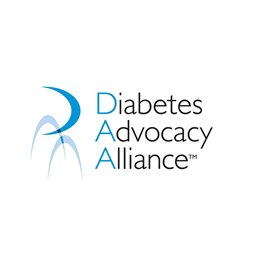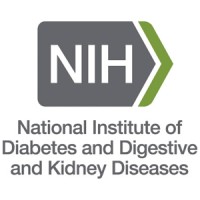- Published on
Diabetes-Fighting Organizations
- Authors
- Name
- Magdeline Gomes
- Role
- Content Writer
Diabetes is one of the most common hormonal disorders in the world, with many not even being aware they might have the disease. In order to be aware and support those suffering from diabetes, it's important to be educated on the topic. This blog highlights three organizations that help educate individuals on diabetes.
Centers for Disease Control: Division of Diabetes Translation
The CDC provides programs that educate people on the management of diabetes and how to lower the risk of type 2 diabetes. In specific, it funds groups that strive to enhance the health outcomes of people with diabetes. Their national funding for 2022 added up to $88.5 million.

The Diabetes Advocacy Alliance advocates for advancing healthcare policies related to diabetes. Their aim is also to educate about the correlation between obesity and diabetes. The areas they're focused on from a legislative approach include the prevention of diabetes, undiagnosed type 2 diabetes and gestational diabetes, and supplying care for those diagnosed with diabetes. It also supports the funding of other organizations that fight for the prevention and awareness of diabetes, addresses social determinants of health, and advocates for coverage of Medical Nutrition Therapy (MNT) for people with prediabetes and obesity along with other factors aimed to fight against diabetes.

National Institute of Diabetes & Digestive & Kidney Diseases
The National Institute of Diabetes and Digestive and Kidney Diseases contains a news archive that features NIDDK’s growing research updates and information related to diabetes. Their database, as of date, has almost 600 entries ― these entries have been piling up since 2011. This institute also features 18 funding programs for diabetes alongside other health concerns such as kidney disease, liver disease, and obesity. These programs help raise awareness on the treatment and prevention of diabetes, the genetic factors behind the disorder, and clinical research on type 1 and type 2 diabetes, and much more.
